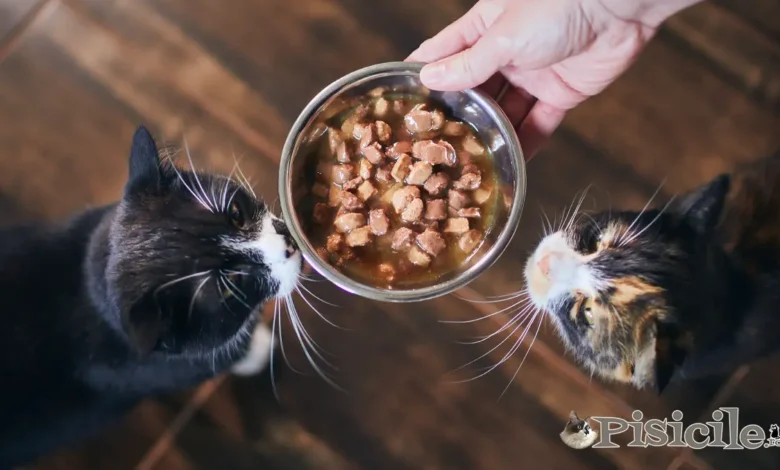
Lack of appetite in cats is not always cause for concern. When your cat refuses food, the first thought is that it is fussy. It is known that cats can be selective about food and will not accept every kind of food. You don't need to worry if your cat refuses food one day or eats less than usual. Just like us humans, there are days when we simply have less of an appetite.
However, if your cat suddenly loses his appetite or refuses the food he was used to, things are not as simple as that. The causes can be multiple and most of the time a visit to the vet is mandatory.
Subject
Lack of appetite in cats
Lack of appetite can be a sign of ailments and pain that your cat is experiencing or it can be related to the emotional state. It can be a toothache, stomach ache, the presence of internal parasites, diabetes, a cold or even cancer. Therefore, do not postpone the visit to the vet.
One of the most common conditions found by veterinarians is anorexia. The causes of anorexia can be: stress, change of diet, change of environment, lack of intimacy, diseases of the digestive or respiratory system, vomiting, diarrhea, constipation, inflammation and diseases of vital organs. Together with the veterinarian, you will be able to modify the cat's diet, if the causes of the lack of appetite are not worrying.
If your cat has recently been vaccinated or has undergone operations or treatments, it is normal for the appetite to be low.
When they go into heat, cats hardly eat at all. Also, during summer and hot periods, they may eat less or refuse food altogether.
Pregnant cats will consume less food during the first few weeks of pregnancy, so you don't need to worry too much.
Cats can also refuse food after a long journey, especially if they have motion sickness. It is not recommended to change the food every week, but if your cat already has a favorite type of food, you can stick with it.
It is recommended that the food bowls be clean, the food be fresh, and if it is necessary to change the diet, it should be done gradually.
To prevent loss of appetite, it is important to give your cat a balanced and healthy diet, protect it from stress, provide privacy, separate the litter box from the food bowls and do not limit its access to food.
How much should a cat eat every day?
Normally, a healthy cat should consume approximately 30 – 40 grams of food per kilogram of body mass. So if you have a 3 kg cat, 120 grams of food per day should be enough. You must be careful, however, that the food does not contain more than 250-300 calories. An adult cat will eat 2 – 5 times a day and this can vary depending on the time of year (warmer or colder) and age.
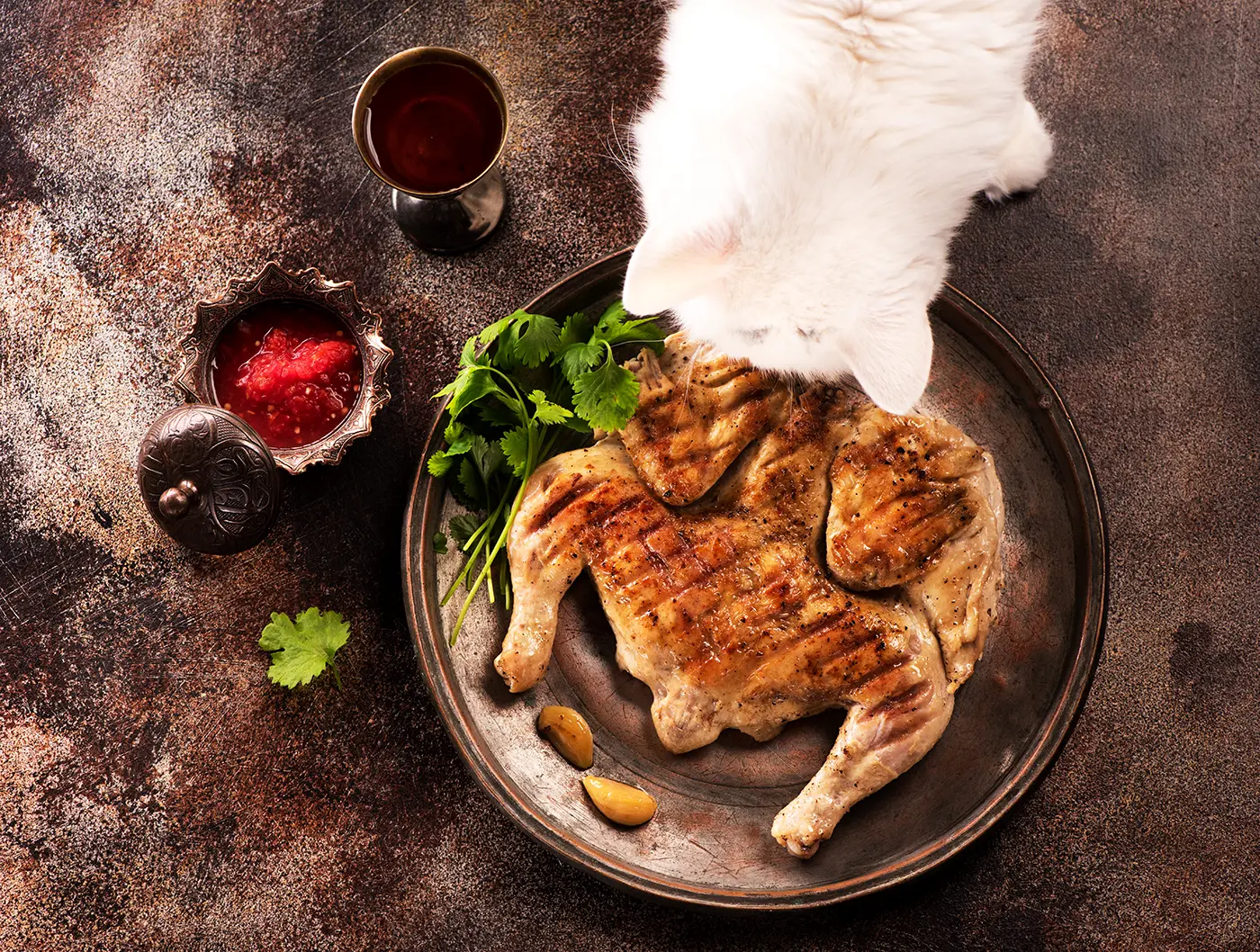
The cat's appetite, menu and the conditions in which it eats also depend to a large extent on the breed. A regular cat (European breed) will have no problem eating from any bowl. However, purebred cats can be fussier and refuse food if the bowl from which they regularly eat is changed. For example, Burmese women are known for their whims in food, conditions and emotional state.
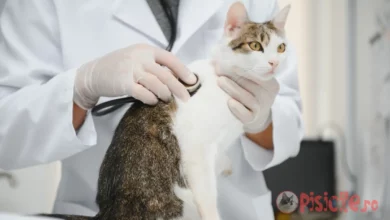
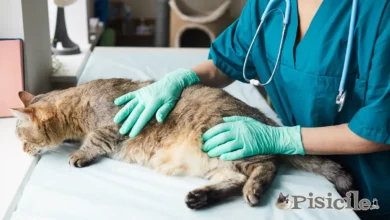
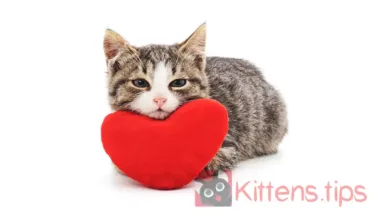
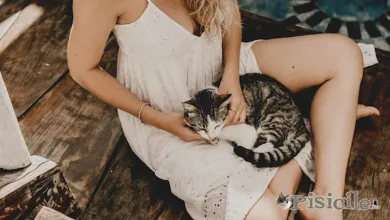
3 Comments